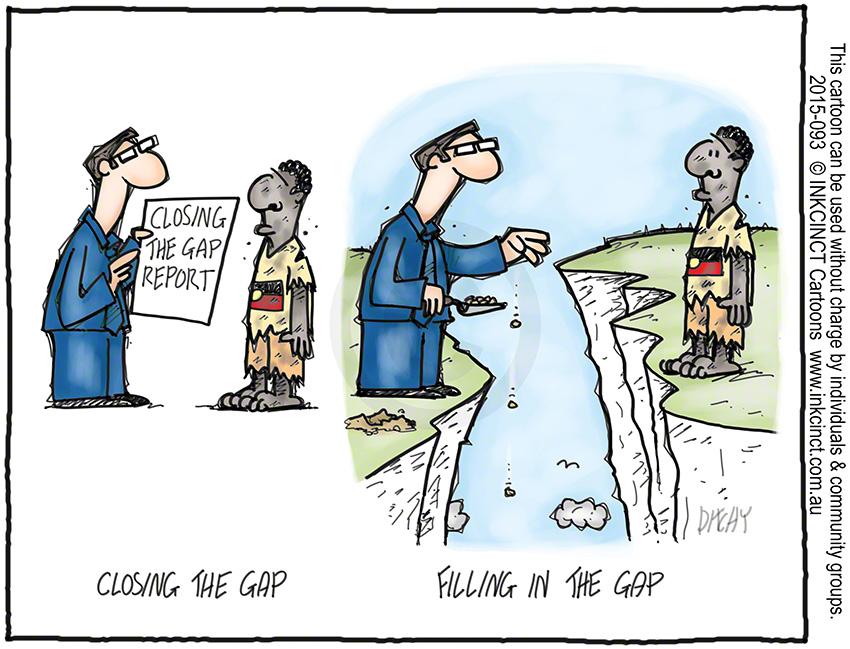UK governments need to take note of the honesty of others.
Radio New Zealand reporter Gill Bonnett on 13th August 2018 reports: “We have had to ration dialysis” – Immigration NZ
Some New Zealand dialysis patients have had their treatment rationed because of ineligible patients turning up for emergency care, according to government documents
However, the Ministry of Health says New Zealanders who need dialysis are not losing out due to ineligible kidney patients putting demands on the health services and Immigration New Zealand told RNZ there was no evidence treatment rationing was “currently happening”.
Documents obtained by RNZ from Immigration New Zealand (INZ) include slides from a presentation by its chief medical officer on the costs and demands on the health system, made in a meeting with the Immigration and Protection Tribunal last year.
Two pages discussed how some kidney patients were dying faster because their dialysis treatments had been cut back to allow urgent treatment of foreign patients.
Under the heading ‘Health Screening; Concerns’, one slide said “we have had to ration dialysis due to lack of resources to deal with demand.”
“When we get ineligible overseas patients turning up we are obliged to treat them urgently but we are often full in which case we will reduce the dialysis our existing patients are having in order to fit everyone one.”
INZs chief medical officer said at times staff said they have had to reduce dialysis sessions to twice a week and patients “get sick and die quicker” at that level.
INZ director policy integration and immigration Nick Aldous – in response to RNZ questions about the presentation – said there was anecdotal evidence of ineligible kidney patients, but did not say when it happened.
“The scenario [in the two pages] was based on anecdotal evidence from an earlier point in time. We don’t have any evidence that this is currently happening.”
The Ministry of Health on Monday said there was a small number of ineligible patients receiving dialysis but this doesn’t affect treatment for New Zealanders.
“People who need dialysis are receiving it according to clinical need.
“Dialysis services are under pressure because of the growing population as well as obesity and type 2 diabetes,” a spokeswoman said.
Patients ineligible for publicly funded healthcare include tourists, except for those from the UK and Australia, which have reciprocal health agreements with New Zealand.
However, detailed immigration medical assessments before visas are issued are not compulsory for many temporary immigrants.
And ineligible patients do not have to pay for healthcare costs upfront.
Official information
Slides from the INZ presentation, obtained under the Official Information Act, refer to the world-wide numbers of diagnosed diabetes cases, many of which come from New Zealand’s immigrant source countries in Asia and the Pacific. There are also a number of undiagnosed cases.
The slides also looked at the cost of mental illness among immigrants on the health system.
“We have had to stop training patients for home dialysis which has meant more hospital beds full up and at times we have had to limit patient dialysis sessions to two per week per patient.
“The minimum acceptable standard is three sessions per week, below that, patients get sick and die quicker.
“But we have had to ration dialysis due to lack of resources to deal with demand.
“So the care our patients receive is impacted when we are working above our capacity.”
Kidney Health New Zealand’s national education manager, Carmel Gregan-Ford, said dialysis was rationed a few years ago but she has not heard of it more recently, although ineligible patients are still an issue.
“I have people who ring me on the 0800 line who are telling me, coming from overseas, telling me they’ve got friends coming next week and they need a place to dialyse,” she said.
“And I say to them you can’t come, there’s nowhere you can dialyise and they’ll come anyway and present to emergency clinics and hospitals and they have to be dialysed, so I don’t know how that can be prevented.”
Immigration ‘scenario’
Immigration New Zealand director policy integration and immigration Nick Aldous said the presentation – referred to in the official information – was given in mid-2017.
He said the slides were part of a “scenario” designed to provoke discussion about health service costs and demands.
“It uses dialysis treatment as one example for the scenario.
“This scenario was based on anecdotal evidence from an earlier point in time.”
According to Ministry of Health guidelines, district health board renal services must all offer home dialysis.
The National Renal Advisory Board published guidelines on access to renal replacement therapy which says that home dialysis is most cost effective and provides people with the best quality of life.
In 2016, there were 2750 dialysis patients in New Zealand, but there is no data on how many were overseas’ patients.
About 400 people died while on dialysis in New Zealand that year.
It is not clear how many DHBs are affected, and by how much overall, although the three Auckland DHBs receive partial compensation from the Ministry of Health for the cost of treating ineligible patients for all health conditions, where the immigrant or tourist has not repaid that debt. Last year that was $5.5 million.
On notice
The comments on health rationing were made at an annual training session of the Immigration and Protection Tribunal.
The tribunal, which can overturn deportation on humanitarian grounds, had until last year commonly been granting immigrants needing dialysis temporary visas on appeal, to allow them to continue their treatment.
But in a decision in June last year, it put future appellants on notice that they should not presume that would continue and said it was preferable that they put their cases to the Immigration Minister.
And since then it has ruled in two cases that immigrants had exceptional humanitarian circumstances but said that was outweighed by the public interest in minimising health costs and upholding the integrity of the immigration system.
The most recent one, in April, ruled that a Fijian man married to a New Zealander but who failed the visa requirements and was going to be deported, can stay for a year so that he can sell land he owns to pay for dialysis or a transplant.
In a statement, INZ said it introduced eMedical in 2014, an immigration health screening system that allowed for greater oversight of applicant health information, better decision-making on applications, and the monitoring of health changes over time.
It said it had a Memorandum of Understanding with several district health boards, which allowed DHBs to confirm the eligibility of patients for treatment, and had been working with DHBs to improve understanding of the criteria for eligibility, and how they were applied.
– Editor’s note: This story has been updated with additional responses from government agencies and clarifies that treatment rationing isn’t happening currently, but has happened on a small scale in recent years.






 …..
…..







